
Staying Motivated on Your Fitness Journey: Best Tips to Follow
Staying motivated is key to achieving your health goals, but it’s not always easy when the initial excitement starts to fade. Whether you’re just starting out or have been at it for a while, keeping your spirits high is essential. Imagine waking up each day eager to move your body and embrace the sweat.
It takes more than just discipline; it requires passion and patience. With the right mindset and strategies in place, staying motivated can become second nature. Let’s explore some transformative tips that will help you stay focused on your fitness journey without feeling overwhelmed or discouraged along the way.
Find a Workout You Actually Enjoy
 Finding a workout you truly enjoy is like discovering a hidden gem. It can make all the difference in your motivation levels. How? Think about activities that spark joy for you. Is it dancing, hiking, or perhaps kickboxing? The key is to try different workouts until something clicks. Join a class you’ve never considered or explore outdoor adventures like rock climbing or cycling.
Finding a workout you truly enjoy is like discovering a hidden gem. It can make all the difference in your motivation levels. How? Think about activities that spark joy for you. Is it dancing, hiking, or perhaps kickboxing? The key is to try different workouts until something clicks. Join a class you’ve never considered or explore outdoor adventures like rock climbing or cycling.
Remember, exercise shouldn’t feel like a chore. When you’re having fun, you’re more likely to stick with it long-term. Plus, engaging in enjoyable activities helps alleviate stress and boosts your mood.
Stop Comparing Yourself to Others
Comparing yourself to others can be a slippery slope. Social media often presents an unrealistic view of fitness journeys. Those perfectly filtered images and impressive stories might make you feel inadequate. Remember, everyone’s path is unique. What works for one person may not resonate with you at all. Your body has its own rhythm and progress, which deserves appreciation. Focus on your milestones instead of someone else’s achievements. Celebrate small victories; they matter just as much as the big ones. Shift your mindset from competition to inspiration. Use what you see online to motivate yourself rather than diminish your self-worth.
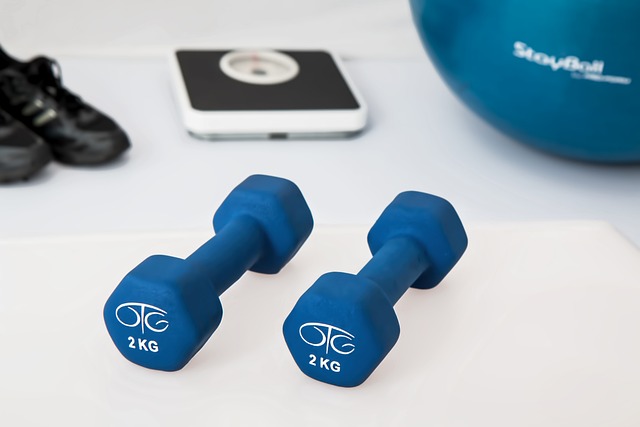
Track Progress Without Obsessing Over Numbers
Tracking progress is essential in any fitness journey. However, focusing solely on numbers can lead to frustration and burnout. Instead of fixating on the scale or specific metrics, celebrate small victories. Notice how your clothes fit differently or recognize improved endurance during workouts. These subtle changes often speak volumes about your progress. Consider using a journal to document feelings and experiences rather than just stats. Reflecting on how you feel after a workout can be more motivating than an arbitrary number. Also, remember that fitness is not linear.
Build a Support System for Accountability
 Finding like-minded individuals can significantly enhance your fitness journey. Surrounding yourself with supportive friends or family members creates a sense of camaraderie. Consider joining local workout groups, online forums, or social media communities. These platforms allow you to share experiences and motivate each other along the way.
Finding like-minded individuals can significantly enhance your fitness journey. Surrounding yourself with supportive friends or family members creates a sense of camaraderie. Consider joining local workout groups, online forums, or social media communities. These platforms allow you to share experiences and motivate each other along the way.
Accountability partners can make a huge difference too. Pair up with someone who shares similar goals. You’ll encourage each other on tough days and celebrate achievements together. Note that support goes both ways. Be there for others as they strive toward their own fitness aspirations. So, what can we learn today? First, finding a workout that you genuinely enjoy is key. Comparing yourself to others can be detrimental, a big no. Tracking progress is also important but should be done mindfully. Keep an eye on how far you’ve come without fixating solely on numbers like weight or reps.…

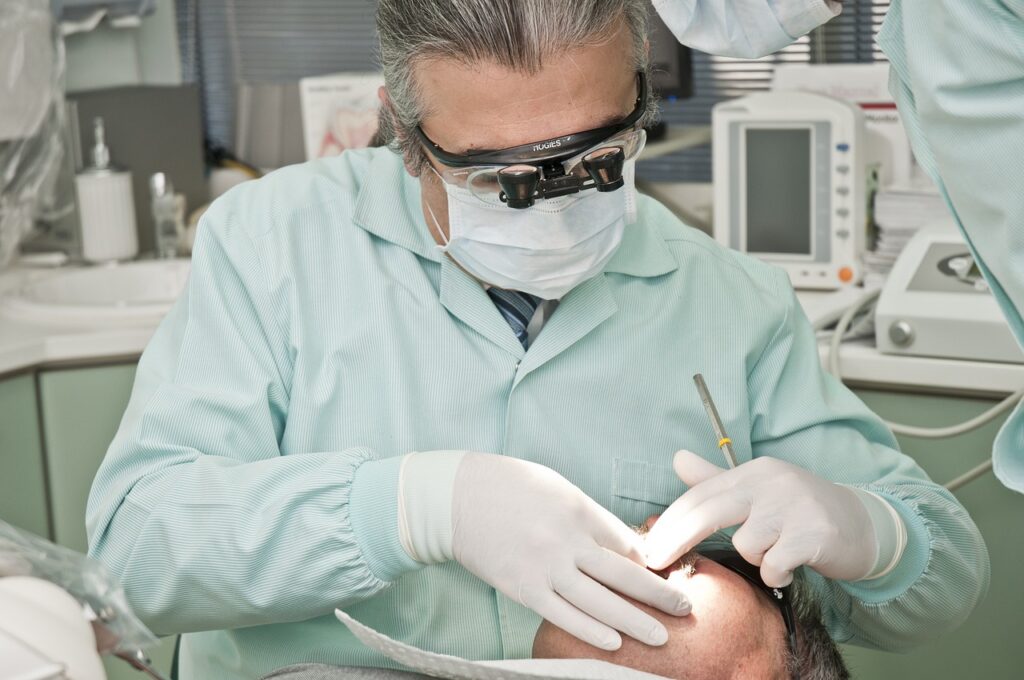
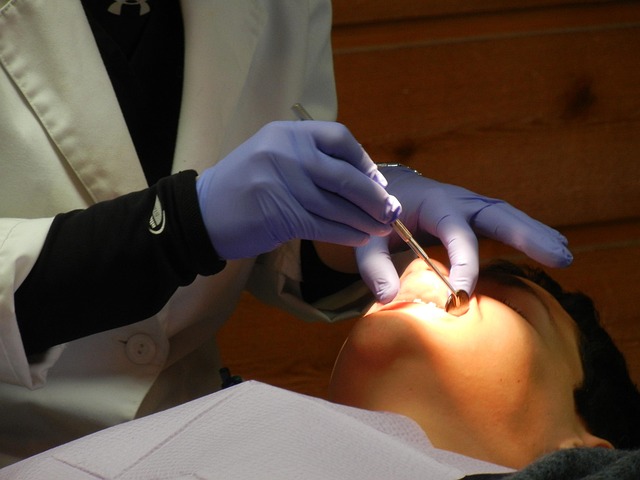
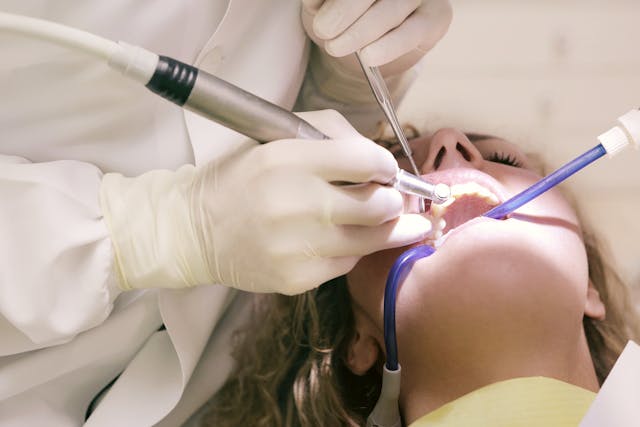

 Dental implants are widely regarded as the gold standard solution for missing teeth, providing a natural-looking and permanent replacement. This surgical procedure involves the placement of titanium posts into the jawbone, which acts as roots for the replacement teeth. The prosthetic teeth are then securely attached to these implants, ensuring stability and durability.
Dental implants are widely regarded as the gold standard solution for missing teeth, providing a natural-looking and permanent replacement. This surgical procedure involves the placement of titanium posts into the jawbone, which acts as roots for the replacement teeth. The prosthetic teeth are then securely attached to these implants, ensuring stability and durability.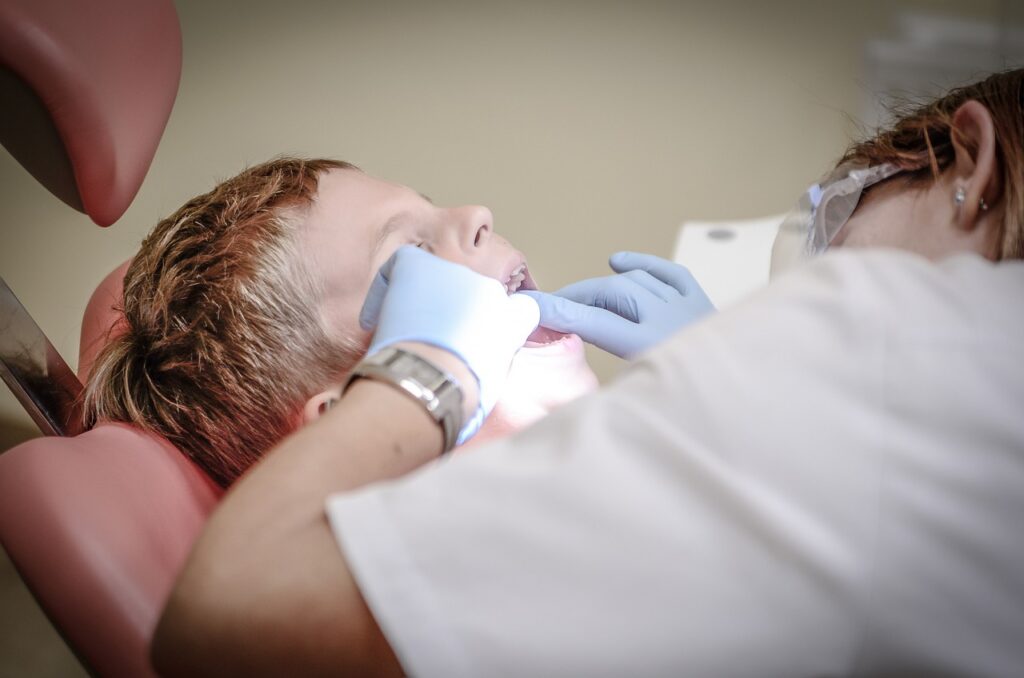
 First off, let’s talk about why your kids may need dental sealants. Generally speaking, sealants are thin plastic coatings that your dentist applies to the surface of your teeth to keep out bacteria and other debris. The sealant will stay on the teeth for several years, providing a shield against decay-causing substances like sugar and saliva.
First off, let’s talk about why your kids may need dental sealants. Generally speaking, sealants are thin plastic coatings that your dentist applies to the surface of your teeth to keep out bacteria and other debris. The sealant will stay on the teeth for several years, providing a shield against decay-causing substances like sugar and saliva. Though dental sealants are generally considered safe for kids, there is still a chance that your kid may experience some minor side effects. The most common side effects include sensitivity to cold and pressure, irritation of the gums, or an allergic reaction to the sealant material. If your child experiences any of these symptoms after getting a dental sealant, bringing them back in for a follow-up visit with their dentist is essential.
Though dental sealants are generally considered safe for kids, there is still a chance that your kid may experience some minor side effects. The most common side effects include sensitivity to cold and pressure, irritation of the gums, or an allergic reaction to the sealant material. If your child experiences any of these symptoms after getting a dental sealant, bringing them back in for a follow-up visit with their dentist is essential.